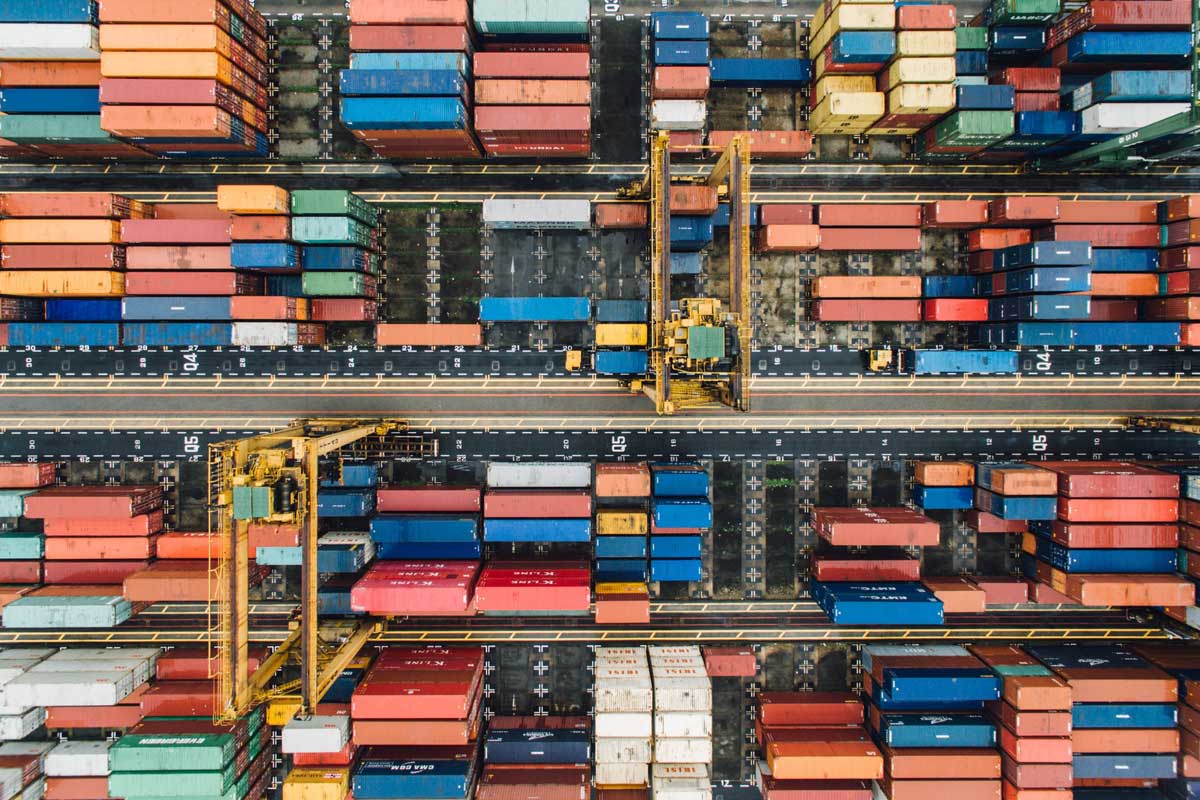A tyre retreading firm in Germany, which has been operating for a century and previously supported British trucks after World War Two, is now facing competition from cheap tyres imported from China. This competition has intensified since the U. S. imposed tariffs on China, creating a situation where new truck tyres from Asia can be sold for about 40% of the price of premium tyres, making it difficult for local businesses to compete. The company’s leader, Clemens Zimmermann, argues for fair competition and urges the European Union (EU) to take action to protect local industries. He notes that closures of tyre plants in Germany highlight the impact of this competition.
Zimmermann and other industry leaders are calling on the EU to use its powers to support local jobs and businesses, as investigations into the influx of Chinese imports have been slow. European companies believe that Chinese firms are shifting their focus to Europe due to weak demand in the U. S. and their local markets. Although there is no definitive proof that China is deliberately redirecting exports to Europe, data suggests a notable increase in imports.
In 2023, the European Commission has opened numerous investigations into various Chinese products but remains cautious about targeting significant exports from China to avoid retaliation. Despite this, there is an acknowledgment of harmful import increases across several categories. For example, the import of plug-in hybrid cars from China has surged, with online shopping platforms playing a significant role in the rising availability of cheap products in Europe after the U. S. adjusted its parcel policies for imports from China.
Trade figures reveal that, while U. S. exports from China have decreased, exports to the EU have increased. Online platforms like Alibaba and Shein have gained popularity among EU consumers, further driving the rise in imports. Additionally, logistics centers, like Liege Airport in Belgium, have reported increases in cargo volume attributed to this growing e-commerce activity.
Some European governments, particularly Italy and France, are advocating for measures such as temporary import curbs, tariffs, and quotas. However, the European Commission is still determining whether there is substantial evidence of unfair trade practices, with some officials preferring to take only necessary measures to avoid potential retaliation from China. Concerns also exist regarding the currency exchange rate, which makes Chinese goods cheaper.
While experts acknowledge some shifts in trade patterns, they argue that there is insufficient evidence of systematic redirection of Chinese exports to Europe. The EU aims to identify products at risk of import surges, but a backlog in cases complicates this process. Investigations, which used to take six to nine months, can now require even longer.
The EU’s trade measures often come after market distortions have already occurred, and new methods that could be implemented more rapidly are being discussed, such as adjusting import quotas and tariffs on steel products. Some countries, like Italy, have considered unilateral action, such as imposing levies on fast fashion from China.
Despite increasing calls for action, it remains unclear if these efforts will be effective in time to support Europe’s tyre industry. Chinese imports of tyres have been on the rise for at least five years, despite existing tariffs, and recent investigations into lighter vehicle tyres show the complexities and delays in responding to these challenges. Data indicates that the imports of Chinese passenger car tyres surged by 20% during the first half of the year.
With information from Reuters


